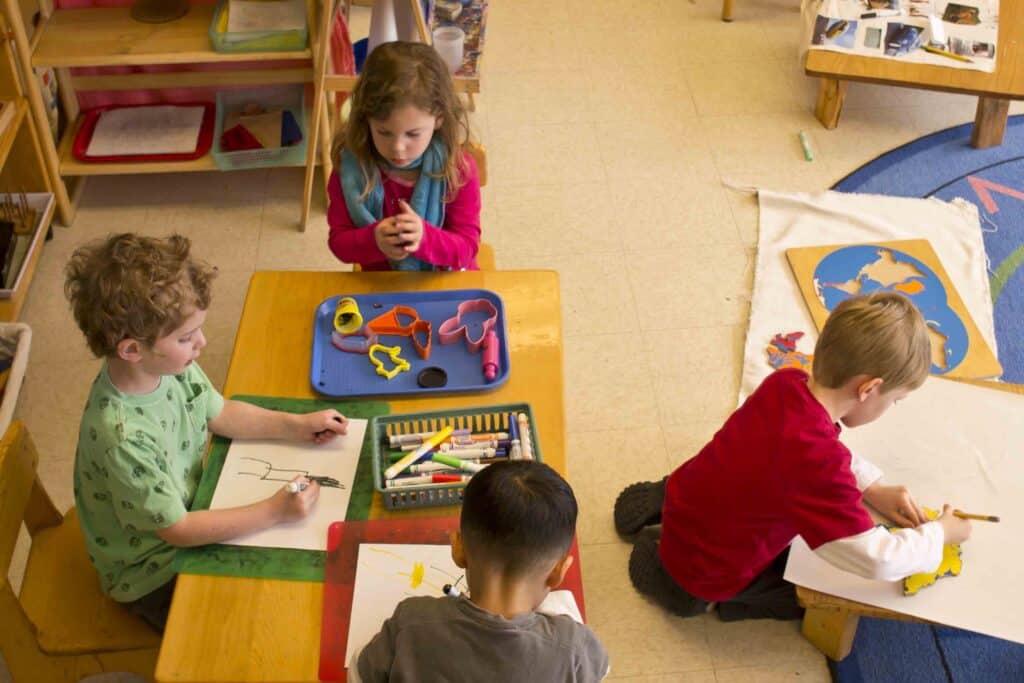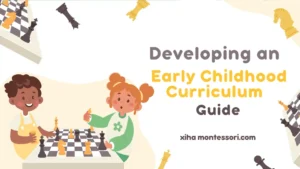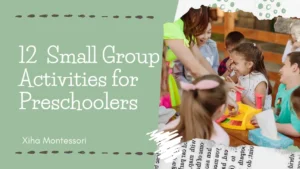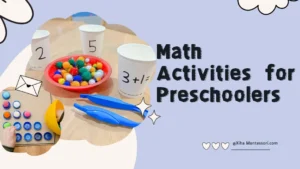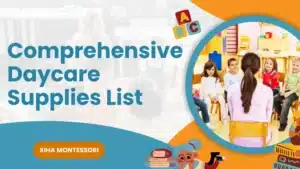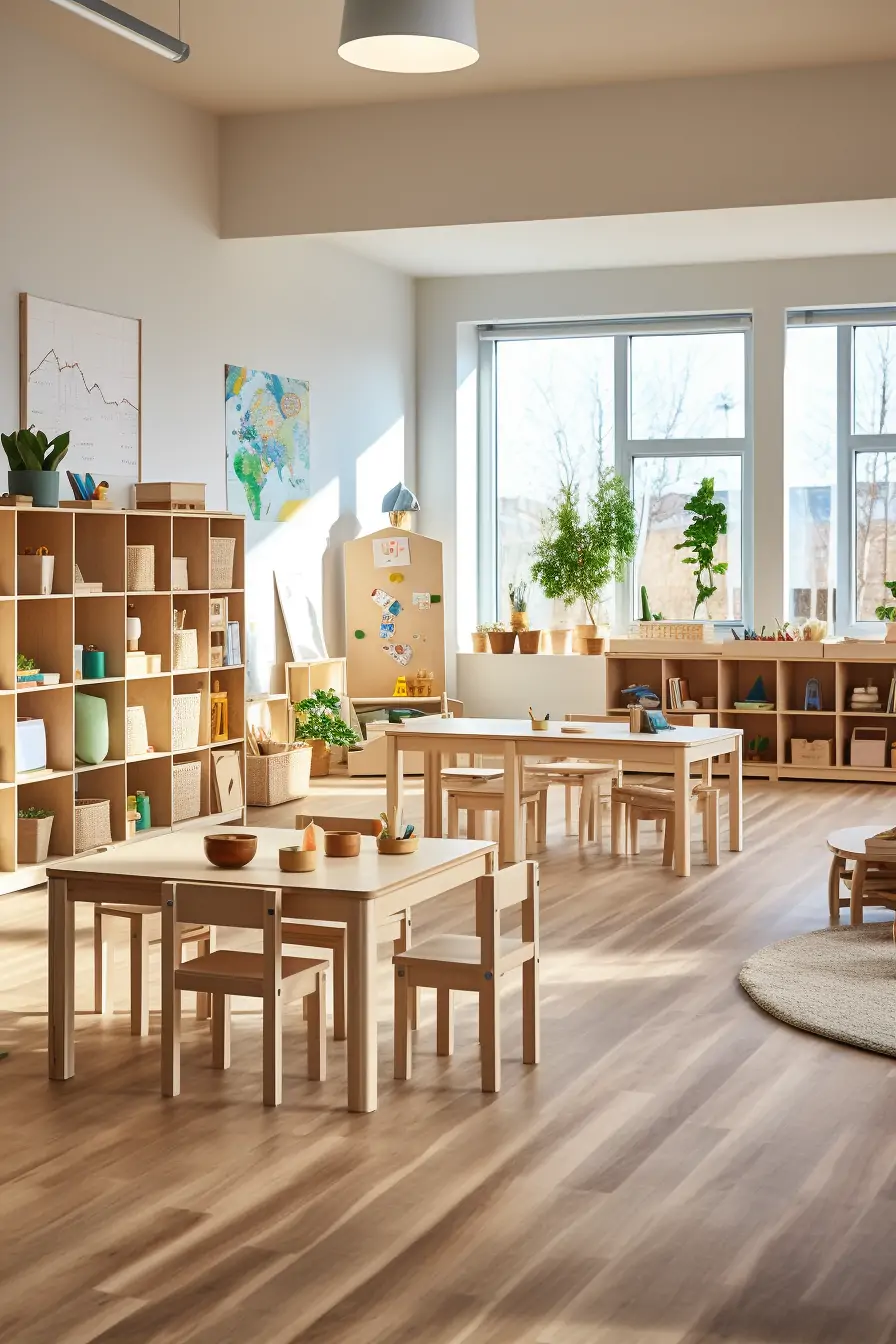Dr. Maria Montessori recognized that children are small human beings who are curious and full of marvelous potential. To this day, Montessori teachers believe that children have a deep love of learning and wish to do purposeful work. When given that opportunity, children develop all kinds of skills that traditional education often glosses over.
Interested in the Montessori philosophy and practices used in Montessori schools around the world? Here is a short guide explaining the Montessori philosophy.
What is Montessori Education?
Named after Maria Montessori, the method of education known as Montessori is centered on the belief that one’s education should carry them through their whole life. She created materials designed to promote natural learning and growth. Her philosophies and practices have been time-tested and proven for over 100 years.
Today, Montessori education is about giving the child the opportunities needed to realize their full potential.
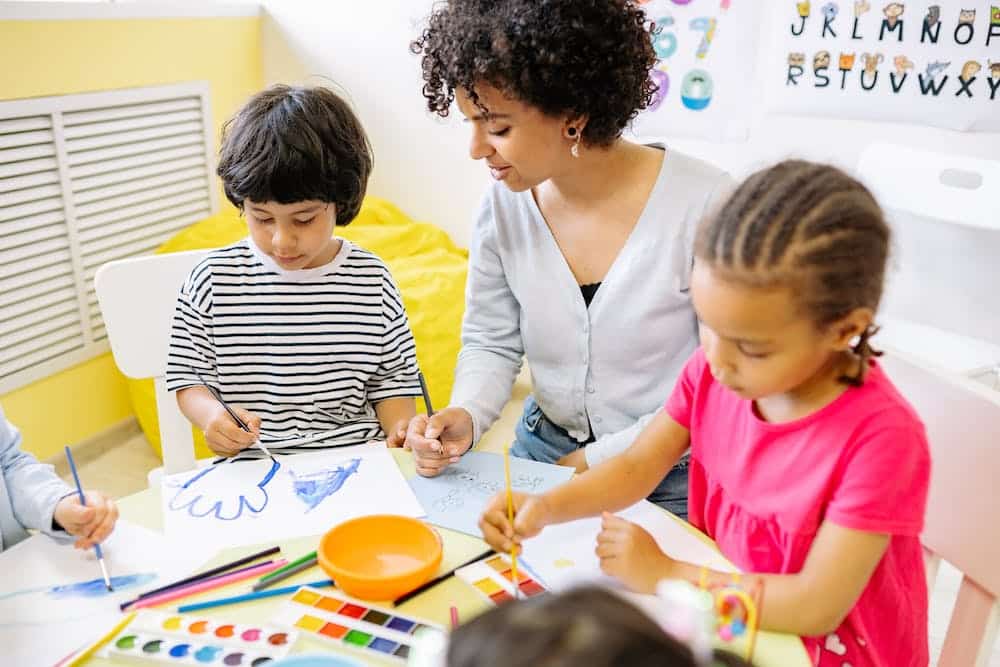
Montessori Philosophy and Practices
Here are the philosophies and practices upon which Montessori education is built. By familiarizing yourself with these concepts, you too can start to use them at home with your children.
The Absorbent Mind
Dr. Maria Montessori found that there is a period of time between birth to six years of age when a child’s mind is like a sponge. She called it “the absorbent mind.” At no other point in our lives are we as capable of soaking up information and knowledge as we are between 0-6 years of age. During this time, a child’s approach to learning, their personality, and even their foundation of intelligence are founded, making quality education during these years pivotal.
That is why the Montessori Method focuses on building a strong foundation of knowledge during this period. Early childhood programs culminate at age 6, known as the Year of Fruition.
Sensitive Periods
Another key finding of Montessori’s was the “Sensitive Period,” when a child becomes fascinated with a skill or characteristic. Because of this interest, they are capable of picking it up at much greater speeds than they would at any other time in their life. However, if a stimulus or opportunity isn’t granted, the child ultimately loses this incredible advantage.
Therefore, Montessori education considers these Sensitive Periods and provides students with the materials and tools they need to learn everything they need to during that time.
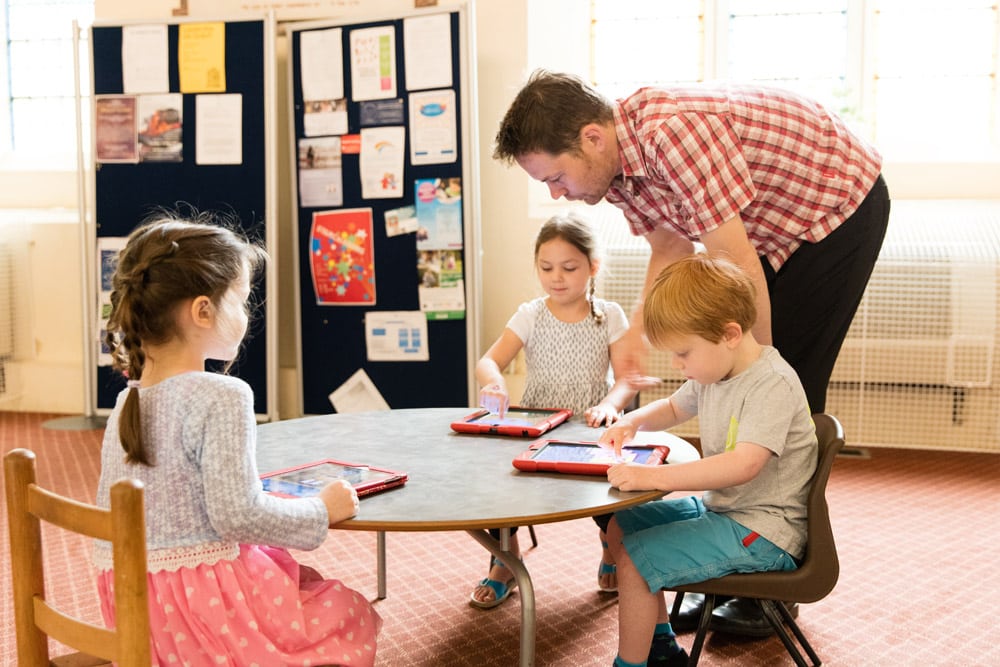
The Three-Year Cycle & Mixed-Age Classrooms
Children and young adults go through cycles of development. Maria Montessori also observed these cycles and found that there are distinct periods where children focus on a specific skill. Within the Montessori classroom, this idea of a three-year cycle helps guide the lessons taught in the different programs. The cycles are 0-3 years, 3-6 years, and 6-9 years for most schools.
Because of these cycles, classes are considered mixed-age. This gives older students an opportunity to become leaders, while younger students have mentors and role models to observe. In turn, young students grow and become leaders themselves. Working within a mixed-age classroom also promotes a sense of community.
Prepared Environment
One way the Montessori Method helps encourage learning and concentration is with a beautifully organized environment. There is an aesthetically pleasing logical way Montessori classrooms are set up. Children are able to navigate with ease and use furniture and utensils appropriately sized for their hands and bodies.
The Prepared Environment is also furnished with materials designed for their needs, interests, and Sensitive Periods. Children work at their own pace in a calm atmosphere and are welcome to engage with others whenever they want.
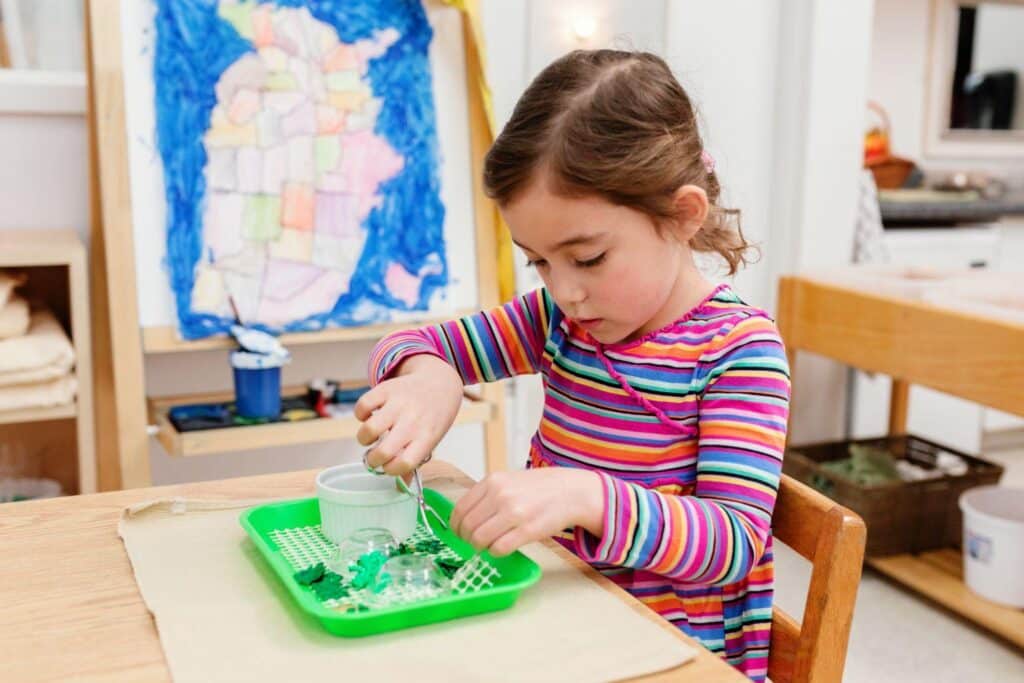
Freedom With Limits
Anyone who has had a traditional education knows how droll seminars can be. For children, freedom is the soil for their creativity and intelligence. When a child is free to do as they please, without time constraints or distractions, they can work out complex solutions.
One misconception about the Montessori Method is that children are free to be unruly. That’s not the case. There is a defined set of rules and boundaries that the children respect. When a child knows their agency is respected, they learn self-discipline and take care of themselves, others, and their environment.
The Teacher as a Guide
Integral to the Prepared Environment is the Montessori Teacher. These individuals are guides who encourage children to be self-reliant and confident. Rather than steering every student in the same direction, they provide demonstrations and examples throughout the day. For instance, a Montessori teacher will demonstrate the correct way to use a set of materials but then stand back and let the children work it out on their own.
Critical Thinking
Montessori embraces the idea that mistakes are part of education. Children don’t merely memorize then forget information. They internalize their lessons and continue to build upon them. Students are encouraged to move from concrete concepts to more abstract ones, and the older they get, the more critically they approach challenges and tasks.
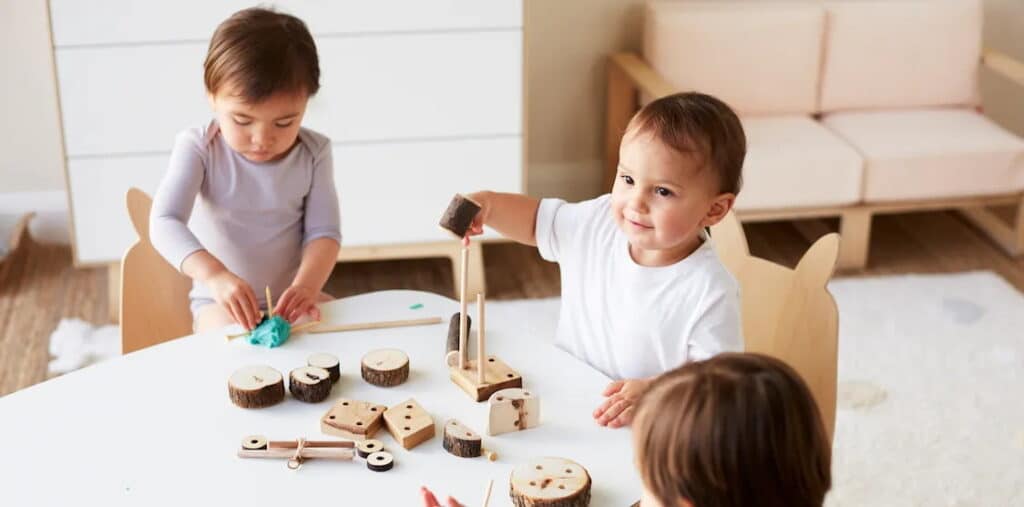
Discipline
Second to freedom is intrinsic motivation. The Montessori Method is based on the idea that when a child is free to discover their own interests, they become more motivated to master a set of skills. In fact, Dr. Montessori noted that children considered “undisciplined” were often individuals in an inadequate environment. To put it simply, these children were bored.
When placed in a self-controlled environment with challenging tasks, those undisciplined children thrived.
With each new skill mastered, children gain a sense of accomplishment. And that sense of triumph keeps them questing for more knowledge.
Montessori Creates Life-Long Learners
When children are allowed to explore their interests and passions on their own, magic happens. They start to make connections between concrete facts and abstract thought. Plus, they develop skills that will support their development through childhood into adulthood and beyond. If you want to foster creativity and independence in your child, why not consider enrolling them in a Montessori school?

